I’m just back from a week in the Lake District in the north of England -- it’s become something of a yearly ritual to go up to the hills, sit by a lake and try to read. I also, just before leaving, decided to delete the twitter app from my phone which is on the surface a genuine very silly thing to do. After all, as has been the cultural orthodoxy for the best part of the last decade, social media incentivizes your engagement and the promise of constant visibility is the ground upon which you're supposed to build a profile as a writer. In the current iterations of Twitter this is provably untrue, (and isn’t true of all social media generally, as this essay usefully points out) the site being awash in neo reactionary propaganda and gambling adverts and the drive to constantly get verified in order to see fewer adverts and irrelevant dehumanizing nonsense is simply depressing.
For myself It had become a time sink and a means of generating depressing, a kind of self-reinforcing feedback loop of being unable to do anything other than scroll. Anyway, I deleted it and am trying to use instagram and bluesky to try and keep some thoughts public and will be there more for the foreseeable future. So, instead of spending the last week on Twitter I spent it reading while out in the countryside. The result was wanting to write more so, to that end I’m going to keep this series as a notebook -- what I’ve been reading, listening to, thinking about etc. This is less for an audience, but rather more to encourage a sense of writing as a practice - I’ve another book to try and write this year and less time than ever before, so I want to try and build a relationship to writing that is more regular, and maybe less ambitious. Perhaps I’m simply looking to put a pseudo-intellectual veneer onto “what I read on my holidays” but even so, here’s some of what I read.
Yael van der Wouden, The Safekeep (2024). There’s something very classically gothic about this novel - shortlisted for both the Booker and The Women’s Prize for Fiction. The gothic is full of houses, from the madwoman in the attic in the nineteenth century to the libidinally obsessive Mrs Danvers of Manderley. Domesticity in Gothic writing is both the sphere of autonomy and the horizon beyond which autonomy cannot be exercised - one can run the home but can't go outside it and thus to lose the house is to lose oneself. The Safekeep, set in 1961, introduces the controlling, isolated and aloof Isabel, living in a large country house. She has inherited the house, but does not own it yet relates to it and it’s content with an obsessive control. Property has become a fetish for the lost love object of her relationship with her mother and as a result, her relationships with her siblings are strained. The eldest, Louis will inherit the house when he has a family, and Isabel will be left with nothing. Louis drops his rather graceless, declasse girlfriend Eva at the house to spend the summer.
To say more would spoil things but while the surprise isn’t as completely unexpected as some may think it is extremely well constructed and the third act reveal is really emotionally powerful. In essence, property and the possession of property is always about a regime of complicity with violence - in the wake of the book's ultimate revelation there’s something insightful in the way in which the novel acknowledges the aporia of laws, the silence into which guilt remains unspoken. Or, to phrase things another way, legality does not absolve any of us and even the most beautiful domestic facade can’t conceal the legacy of violence and dis-possession which is the fundamental ground of property relations (particularly in the context of the European twentieth century).
Susan Barker, Old Soul - Another gothic success borrowing heavily from Faust, Melmoth the Wanderer and the ghost stories of Japan. I think the closest point of reference in recent Gothic film is David Robert Mitchell's It Follows (2014) and in writing is Sarah Perry’s Melmoth (which I talked about on this excellent podcast). Like Melmoth, (a book I liked a great deal) Old Soul is a book about witnessing and memory but it takes on in different ways the role of guilt - a theme which also connects it to The Safekeep. Guilt is both a burden and a compulsion - catalysing the following of a narrative. Sometimes the very worst thing is to want to know what happened. The book serves as a compendium of survivors in a way, expertly moving across different registers, histories and contexts. It’s a fantastic piece of literary Gothic that builds expertly to a nightmarish conclusion. The violence, when it comes, is sharp, brutal and very quick. At the very end, when the cosmological stakes have been fully revealed, there’s something of a Lovecraftian note to the conclusion, not in the sense of tentacles or Elder Gods, but temporal collapse in which eternity becomes the vanishing point of human subjectivity and even comprehension can only lead to the worship of madness.
Roisin Lanigan, I Want To Go Home But I’m Already There -- Can you tell I’m working on a book about property? This debut haunted house novel has been getting a lot of buzz but it helps that the book itself is very impressive. It follows a couple, forced through the necessity of the rental market to move in together. There’s something very attentive about how the London rental market specifically is a kind of engine for producing alienation. It alienates the main character from her wider support network, her dearest friend and ultimately from herself. There really isn’t a ghost per se -- I mean there is but what’s more impactful is how the haunting contributes to an accretion of petty indignities. Shitty work, a family that is too far away and poor enough that getting a good job in the city is important, a relationship that is fine and will maybe be okay if you can perform the required social gestures and finally a crappy apartment that you need to take because if you don’t someone else will, especially at that price. All of this is narrated from a perspective that is sharp enough to see the compromises economic survival necessitates as well as the political impotence that means there’s nothing to be done. It’s a haunted house story that argues what was needed wasn’t an exorcist (they, after all, can be pretty good for property valuations) but a rental union and a universal basic income. I found this infinitely sadder and more frightening than Rivers Solomon’s Model Home which I also read over the last week. It works far better than that novel because it understands the ways in which homes are not just sites of social reproduction but of capitalist production too. The ending of I Want To Go Home is one of the most boldly bleak things I’ve read in a British horror novel since the work of someone like Alison Rumfitt, creating a crushing sense of existential despondency. You can’t make a home in London - but it will always make one within you, and that can be so much worse.
I also read John Berger’s Understanding A Photograph and the reissue of his first collection Permanent Red - there will be more on that soon I think but both confirmed that he’s a writer who I genuinely and sincerely love. Coincidentally I decided to order my first film camera tonight. Perhaps more on that soon too.

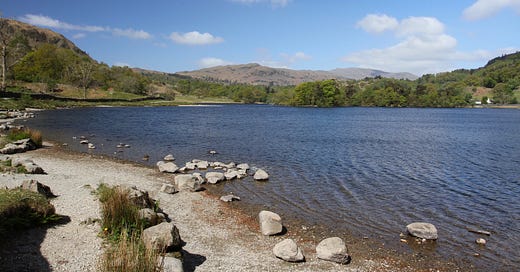


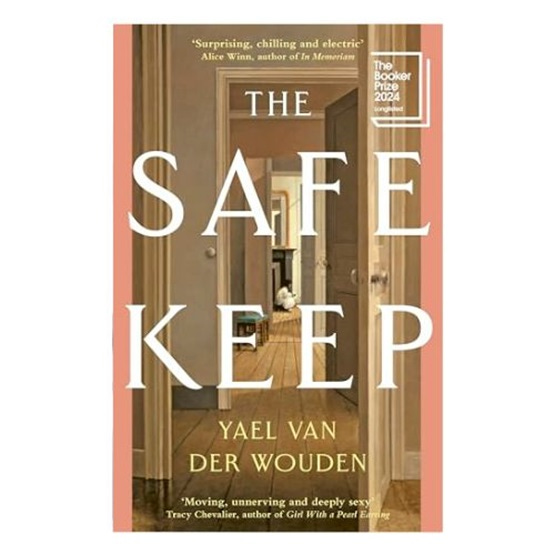
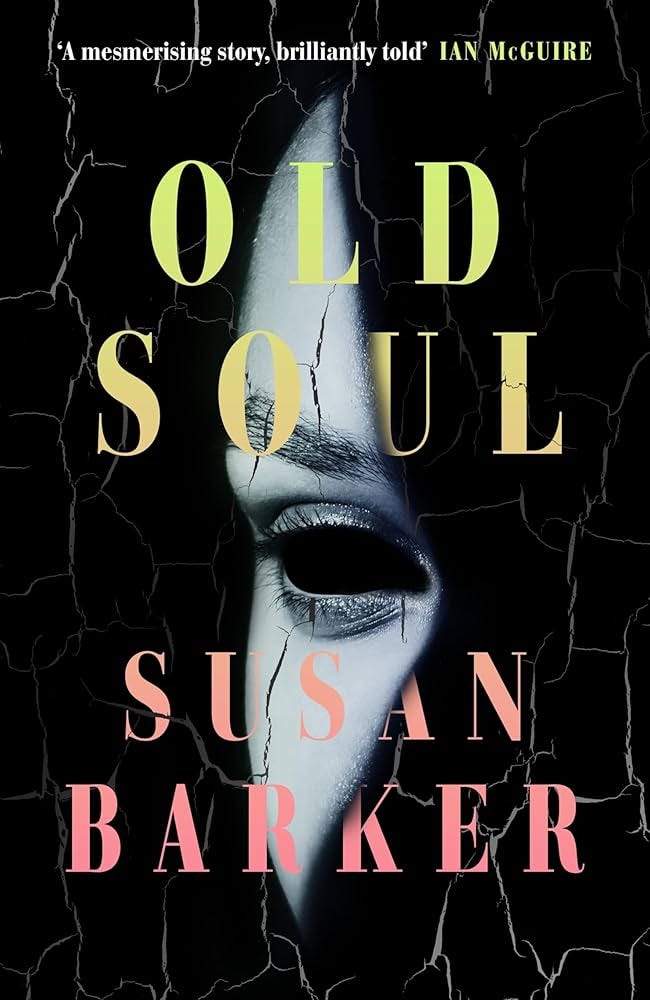
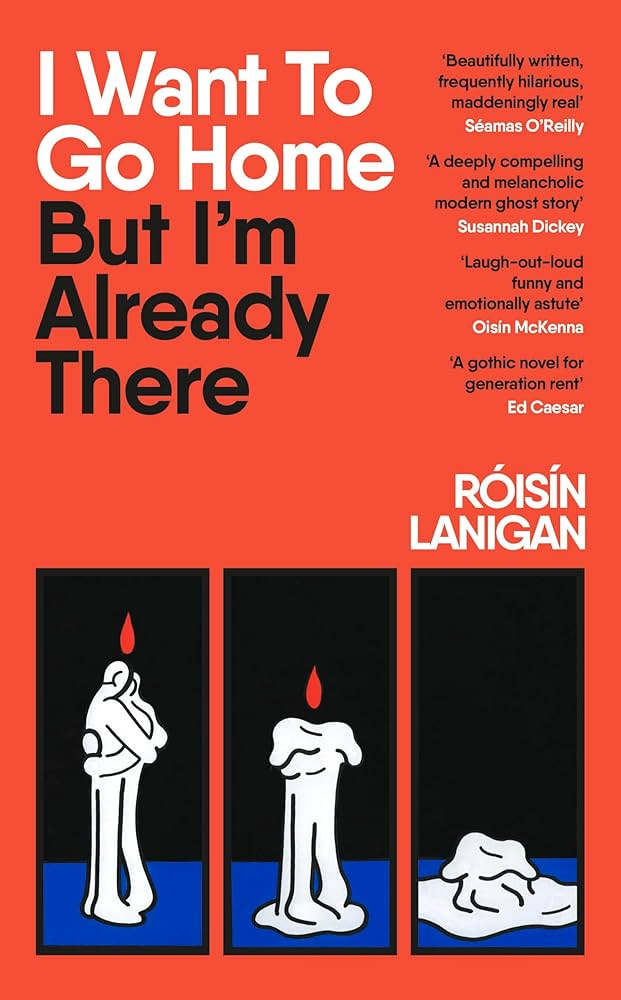
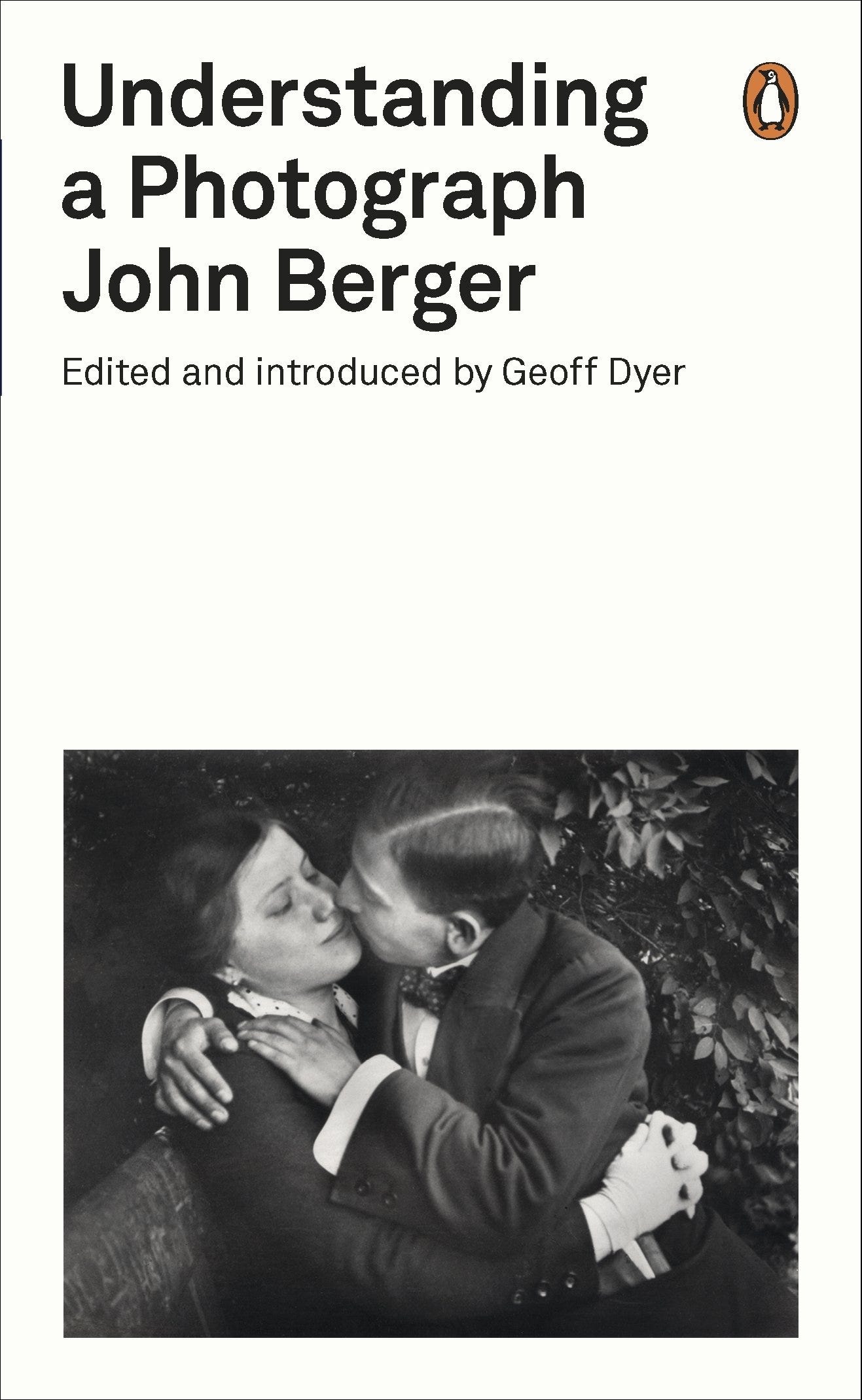
I am also disappointed in the social media world lately I deleted tic tock and Twitter the contend is trashing my mind. I recently signed up for Blue Sky and it was invented by the original Twitter founder I am hoping it doesn't disappoint it has the original Twitter setup give it a try 🤝🏽